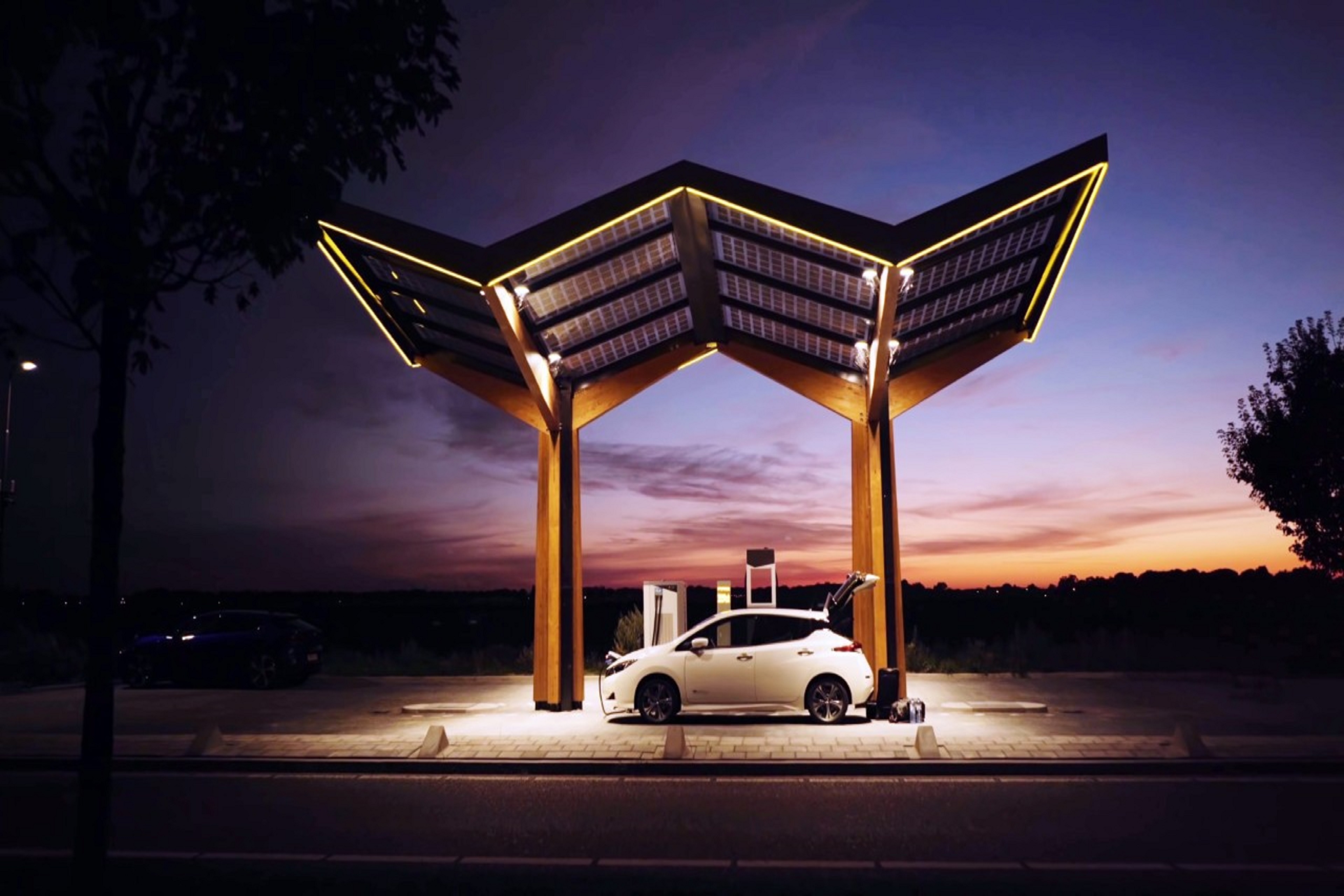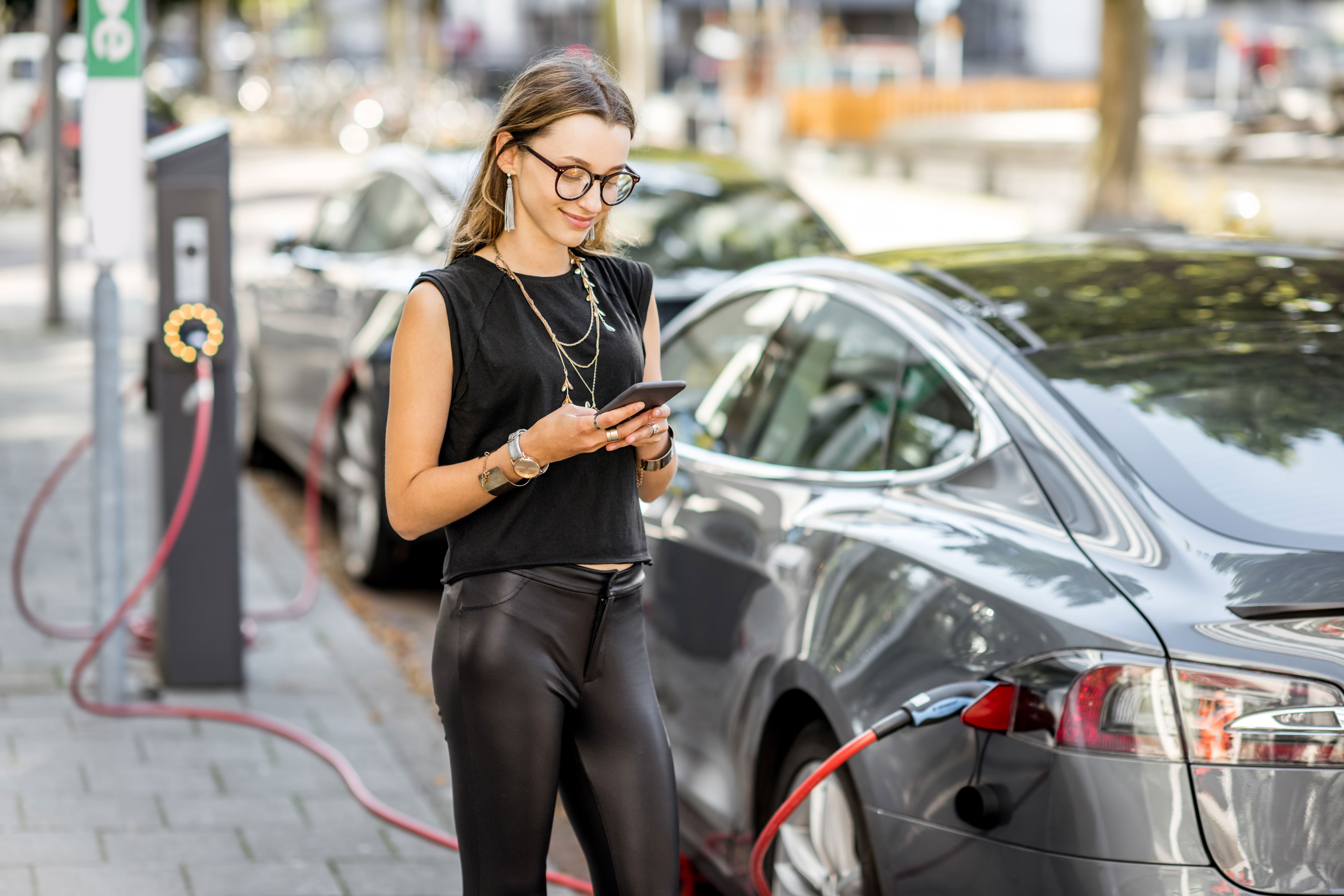EY refers to the global organization, and may refer to one or more, of the member firms of Ernst & Young Global Limited, each of which is a separate legal entity. Ernst & Young Global Limited, a UK company limited by guarantee, does not provide services to clients.
Two consecutive years of growth in new car registrations – EY comments
David Borland, EY UK & Ireland Automotive Leader, comments on the Society of Motor Manufacturers and Traders (SMMT) new car registration figures for July 2024:
“UK new car registrations have now seen year-on-year growth every month for two consecutive years – a phenomenal achievement for the automotive industry which has navigated unprecedented regulatory, supply and demand challenges in recent times. There was a total of 147,517 sales last month, marking a 2.5% year-on-year rise and a 5.5% increase this year to date.
“Another recurring trend that continued last month was the dominance of fleet sales in driving new car registrations. Specifically, fleet sales saw a 13% year-on-year increase, accounting for all of July’s growth. This was, once again, in contrast to private retail demand, which saw an 11.1% fall marking a 10th successive year-on-year decline. It is important that elements of this data are approached with a degree of caution, with salary sacrifice sales contributing to fleet rather than retail, but the direction of channel shift is still clear.
“The UK is currently on track for around two-thirds of this year’s new car registrations to be made up of fleet sales, which is a less profitable channel for automakers and a significant shift from historical norms where fleet would be closer to half of the market. This represents yet another financial challenge facing the automotive industry that will continue to impact strategic decisions on channel mix.
“Battery Electric Vehicle (BEV) sales growth continued in July, with a year-on-year uptick of 18.8%, but year-to-date market share remains at just 16.8%, still trailing significantly behind the 22% ZEV Mandate target. Current performance against the ZEV Mandate target varies by OEM, reflecting a range of short-term tactics and longer-term strategies being adopted by different automakers. Internal Combustion Engine (ICE) sales also declined once again last month with a 21.9% year-on-year fall for diesel vehicles and a 5.9% decline for petrol vehicles, which is likely a result, at least in part, of Original Equipment Manufacturers (OEMs) deliberately limiting ICE sales in attempts to be compliant with the ZEV Mandate.
Forward look for the UK’s EV transition
Edwin Kemp, Director, EY-Parthenon Strategy, said: “There has been conflicting news and sentiment around the Electric Vehicle (EV) market in recent weeks, with reports that one major manufacturer is intending to place most of its bets on EVs going forward, while another household name pared back its EV-related targets amid a fall in demand. This juxtaposition is a clear example of the dilemmas and tough decisions facing manufacturers at present given the complex combination of challenges they continue to navigate.
“Given the recent announcement that the Department for Transport (DfT) intends to revert the ban on sales of new petrol and diesel cars back to 2030, it is imperative that regulators and manufacturers work collaboratively towards this target. For example, providing adequate incentives for consumers to make the switch will likely remain a critical facet to the UK’s EV transition, particularly if OEMs are to meet ZEV Mandate targets and avoid significant penalties.
“Now that inflation has fallen quite significantly in recent months, improving consumer sentiment could help boost private retail sales in the near future. However, given the growing limitations around new ICE options as automakers manage down their petrol and diesel sales, enhancing the public’s perceptions around the overall EV experience is likely to be pivotal to a recovery in retail demand and a resulting increase in profit margins.”
Related news
Two consecutive years of growth in new car registrations
EY’s David Borland and Edwin Kemp comment on the SMMT new car registration figures for July 2024.
Auto industry sentiment challenged despite sales growth
EY’s David Borland comments on the SMMT new car registration figures for June 2024.
Automotive sector continues to grow, but concerns remain about 2024
David Borland, EY UK & Ireland Automotive Leader, comments on SMMT new car registration figures for January 2024.
David Borland, EY UK & Ireland Automotive Leader, comments on SMMT new car registration figures for December 2023.
EY’s latest Mobility Consumer Index reveals that Electric Vehicle (EV) buying intent is growing in the UK.
UK’s EV success hinges on six essentials as growing demand highlights infrastructure gaps
A recent study by EY and Eurelectric has highlighted that the EV transition in the UK and around the world hinges on six essentials.
EY’s David Borland, Maria Bengtsson and Mark Minihane on what the automotive and manufacturing sectors may be hoping for ahead of the Spring Budget.
Strong start to 2023 continues for the UK car industry
David Borland, EY UK & Ireland Automotive Leader, and Manu Varghese, comment on SMMT new car registration figures for February 2023.
Challenging year ahead for the UK car industry, despite new year cheer
David Borland, EY UK & Ireland Automotive Leader, and Manu Varghese, comment on SMMT new car registration figures for January 2023.
2022 – A year of continued challenges for UK Automotive
EY comments on challenges which faced the UK Automotive sector in 2022.













